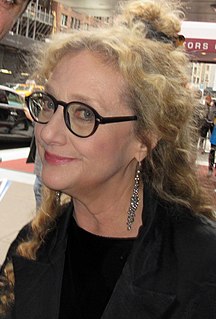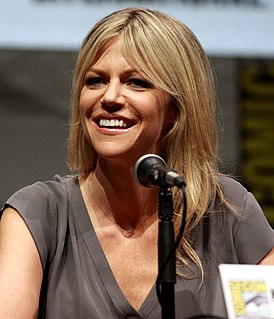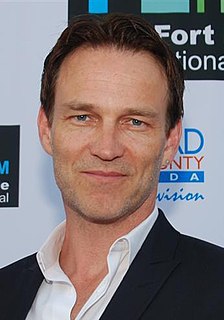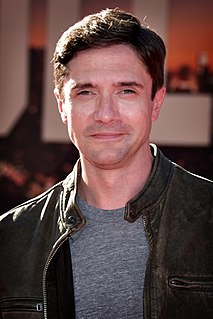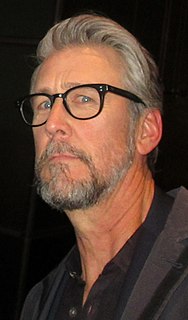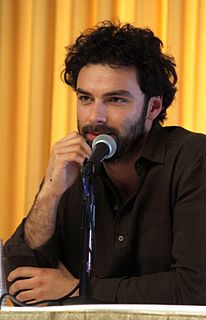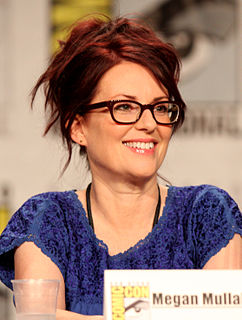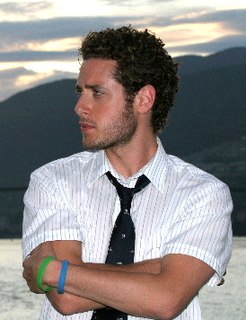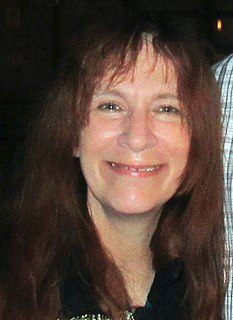A Quote by Carol Kane
The thing about the four-camera shows is that it's kind of a great combo of theater and film. You have an audience, but you have a camera to capture things, so that's a great thing, too.
Related Quotes
The great thing about a sitcom is that you're in front of a live audience, so you really get in touch with what audience reaction is, but also there are lots of elements of film that you're dealing with, and there's kind of a great boot camp or graduate school mentality to it, because you're going to suck.
I actually think film and TV are sort of the same thing now. To me they're all motion pictures. There's a camera, a script, other actors and a director. Doing a sitcom is a little different. It's kind of a hybrid, half movie, half play, presented in a proscenium fashion - the camera's on one side of the line, the set on the other, the audience sitting behind the cameras.
The difference between an amateur and a professional photographer is that the amateur thinks the camera does the work. And they treat the camera with a certain amount of reverence. It is all about the kind of lens you choose, the kind of film stock you use… exactly the sort of perfection of the camera. Whereas, the professional the real professional – treats the camera with unutterable disdain. They pick up the camera and sling it aside. Because they know it’s the eye and the brain that count, not the mechanism that gets between them and the subject that counts.
At eight o'clock the curtain goes up and that's it, you're out there with yourself, the audience, the other players. There's no "take two" business. You're on. The great thing is the rehearsals, too. When you're bouncing around on film sets and TV sets you don't really get the opportunity to - generally speaking - rehearse much. With theater you're kind of four-to-five weeks locked down in the room with the guys figuring stuff out. It's back to play school.
A sitcom, you rehearse for four days of the week and then you shoot it all in one night in front of a studio audience. It's like a play every week, you just shoot it over a seven or eight-day period with a single camera. I enjoy this format of show much more. I'm a feature guy. I like making movies. So the four camera thing I didn't love it that much. I found myself slightly out of my element.
I love to just listen and watch. I could happily watch a security camera at a store. Often during a day I'll see a guy selling pretzels or an argument that somebody's having on a stoop and I'll think, "Oh I wish I had my camera, I wish I could capture this moment." There's something about people being people and interacting that can be so beautiful when it's framed by a camera. That desire to capture people as they are, and the stubbornness to keep going when they don't necessarily want you to capture them being who they are, are key.
